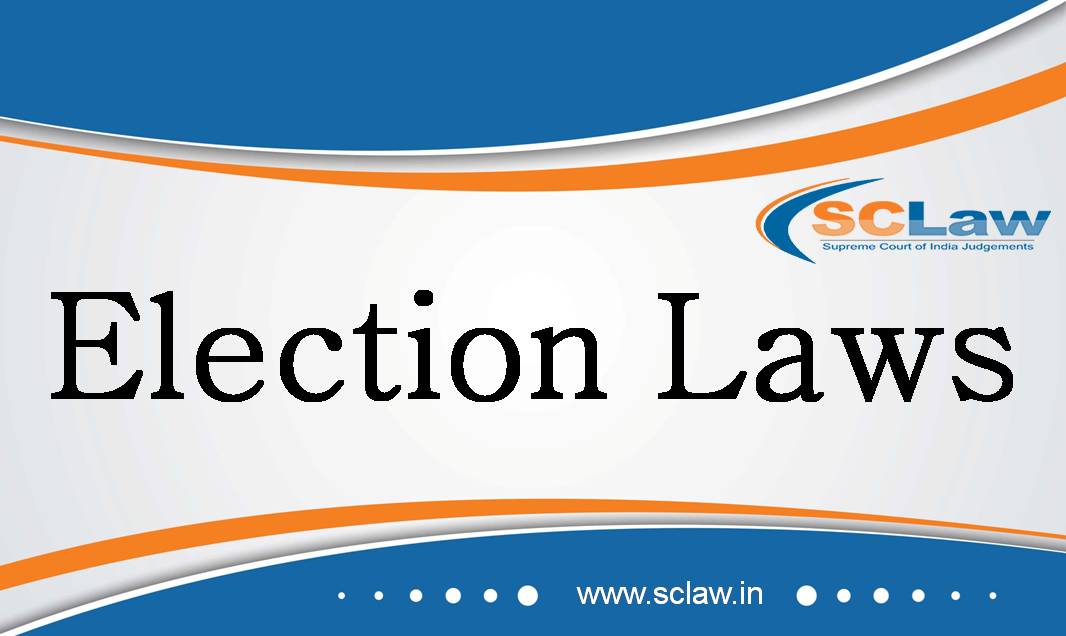Criminal Procedure Code, 1973, S.451—Release of Property—Court is not merely required to determine the source from which the property was seized— A claim of title to the goods which have been seized is a relevant consideration while passing an order under Section 452
2019(1) Law Herald (P&H) 20 (SC) : 2018 LawHerald.Org 1986 IN THE SUPREME COURT OF INDIA Before Hon’ble Mr. Justice Dr. D.Y. Chandrachud Hon’ble Mr. Justice M.R. Shah Criminal Appeal…








